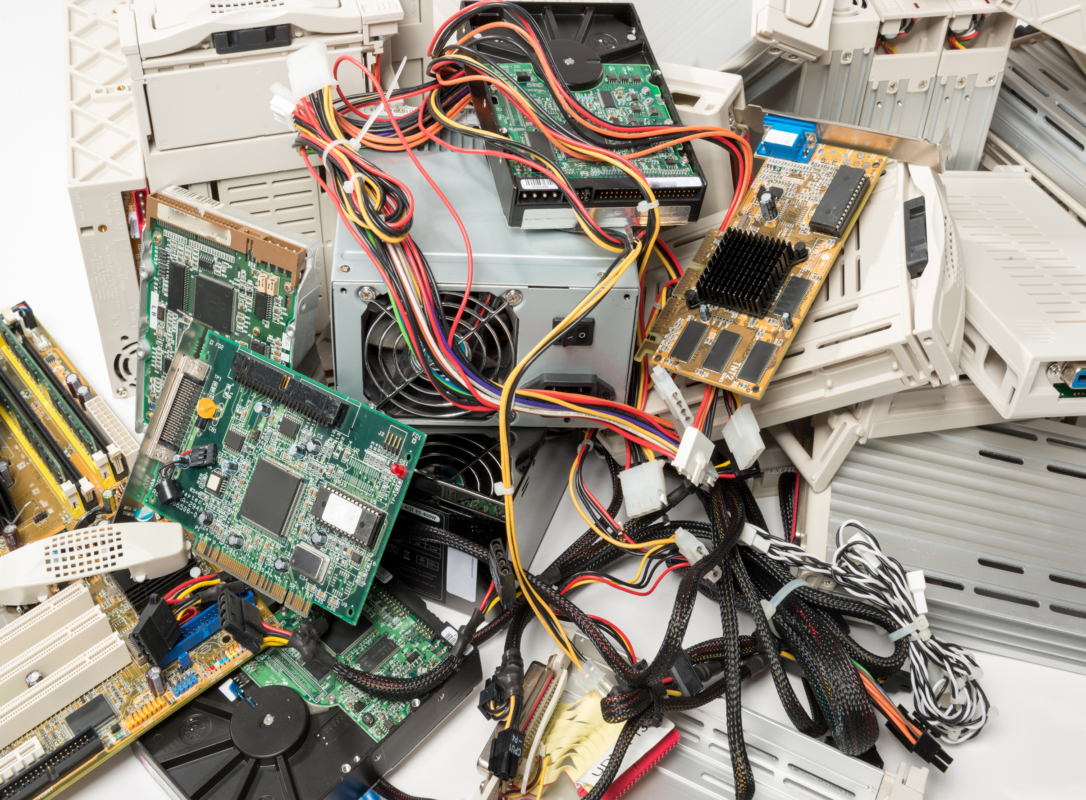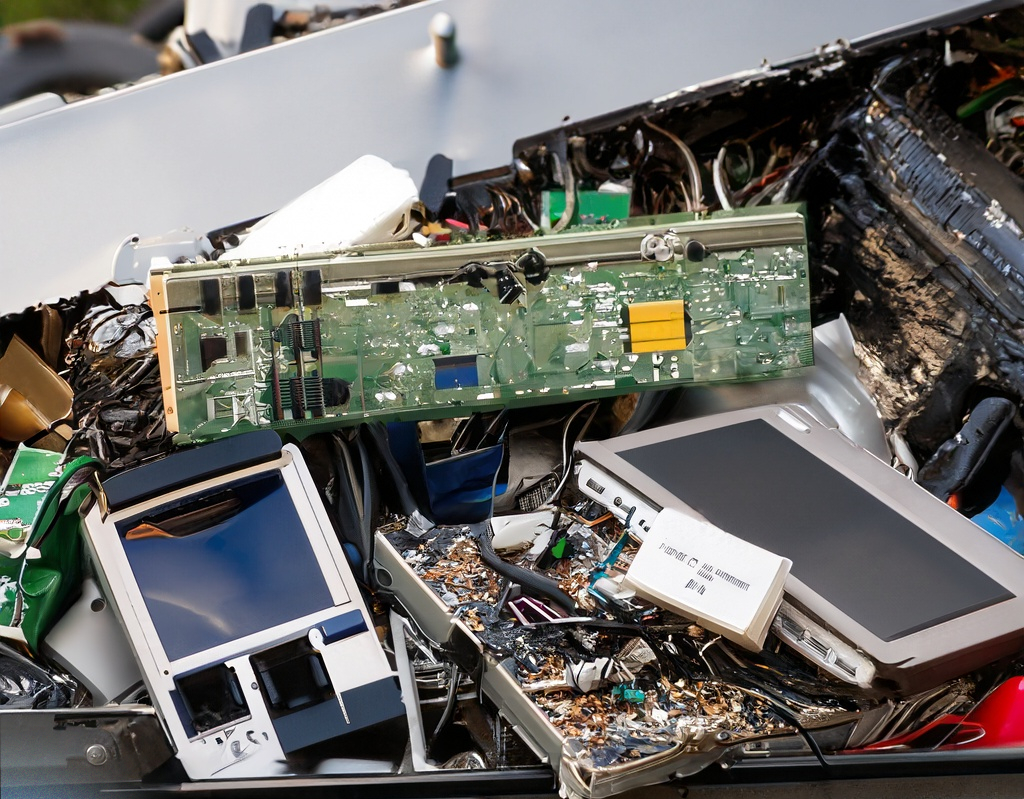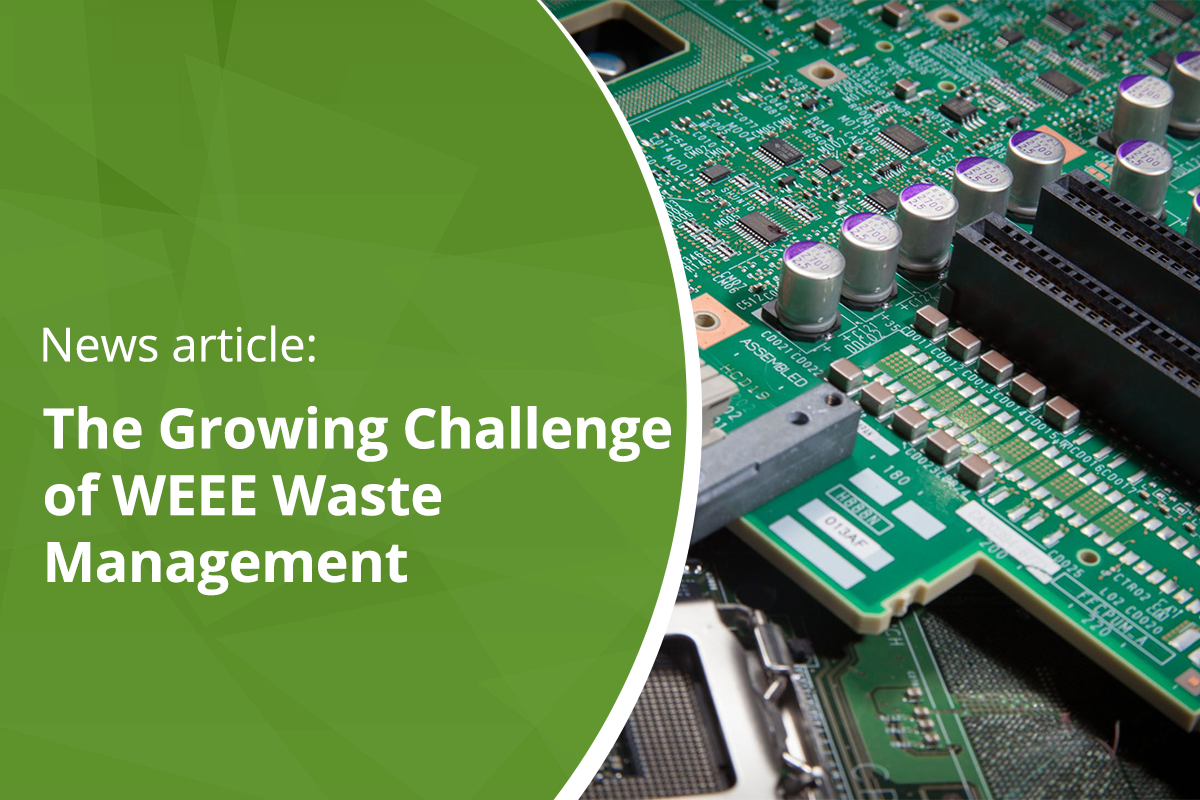Table of Contents
It’s no secret that electronic devices are a massively important part of our day-to-day lives. Smartphones, laptops, and household appliances have revolutionised the world. However, our daily use of electronic devices has brought an alarming consequence: WEEE Waste.
The management of WEEE waste has become a pressing concern, posing a significant challenge for governments, industries, and individuals alike.
The Escalating Issue Of WEEE Waste
The rapid pace of technological innovation has led to shorter product lifecycles, resulting in a constant stream of discarded electronic devices.
This relentless consumption pattern, combined with the increasing affordability and availability of electronics, has contributed to the staggering growth of WEEE waste.
According to the Global E-waste Monitor 2020 report, the world generated approximately 53.6 million metric tons of electronic waste in 2019, marking a 21% increase in just five years.
If left unchecked, this figure is projected to reach 74 million metric tons by 2030.

Environmental and Health Implications
The improper disposal and mismanagement of WEEE waste pose grave threats to both the environment and human health.
Electronics often contain hazardous materials such as lead, mercury, cadmium, and brominated flame retardants. When not handled properly, these substances can leach into soil and water, contaminating ecosystems and potentially entering the food chain.
Moreover, the burning of electronic waste in informal recycling operations releases toxic fumes that contribute to air pollution and respiratory illnesses among workers and nearby communities.
The Challenges In WEEE Waste Management
There are several challenges that come with Waste Electrical and Electronic Equipment (WEEE) waste management. WEEE can pose significant hurdles for organisations.
Lack of Awareness
There is a real lack of awareness among people about the threat that e-waste can have to the environment and the health risks that they can bring with improper disposal.
Economic Factors
The recycling of electronic waste can be financially demanding due to the need for advanced technologies and processes.
Extracting valuable materials from electronics, such as precious metals and rare earth elements, requires specialised equipment and expertise.
Data Security and Privacy
Proper disposal of electronic devices is essential for data security and privacy. Erasing personal or sensitive data from devices before disposal is a challenge, as data breaches can have serious consequences.
E-Waste Disposal In Scotland
Effective e-waste disposal in Scotland is not just a matter of environmental responsibility, but a crucial step towards shaping a sustainable and technologically advanced future.
To take a proactive stance on e-waste disposal, Scottish can work with Glasgow Computer Recycling. Their commitment to secure and sustainable e-waste disposal aligns seamlessly with Scotland’s environmental goals.



